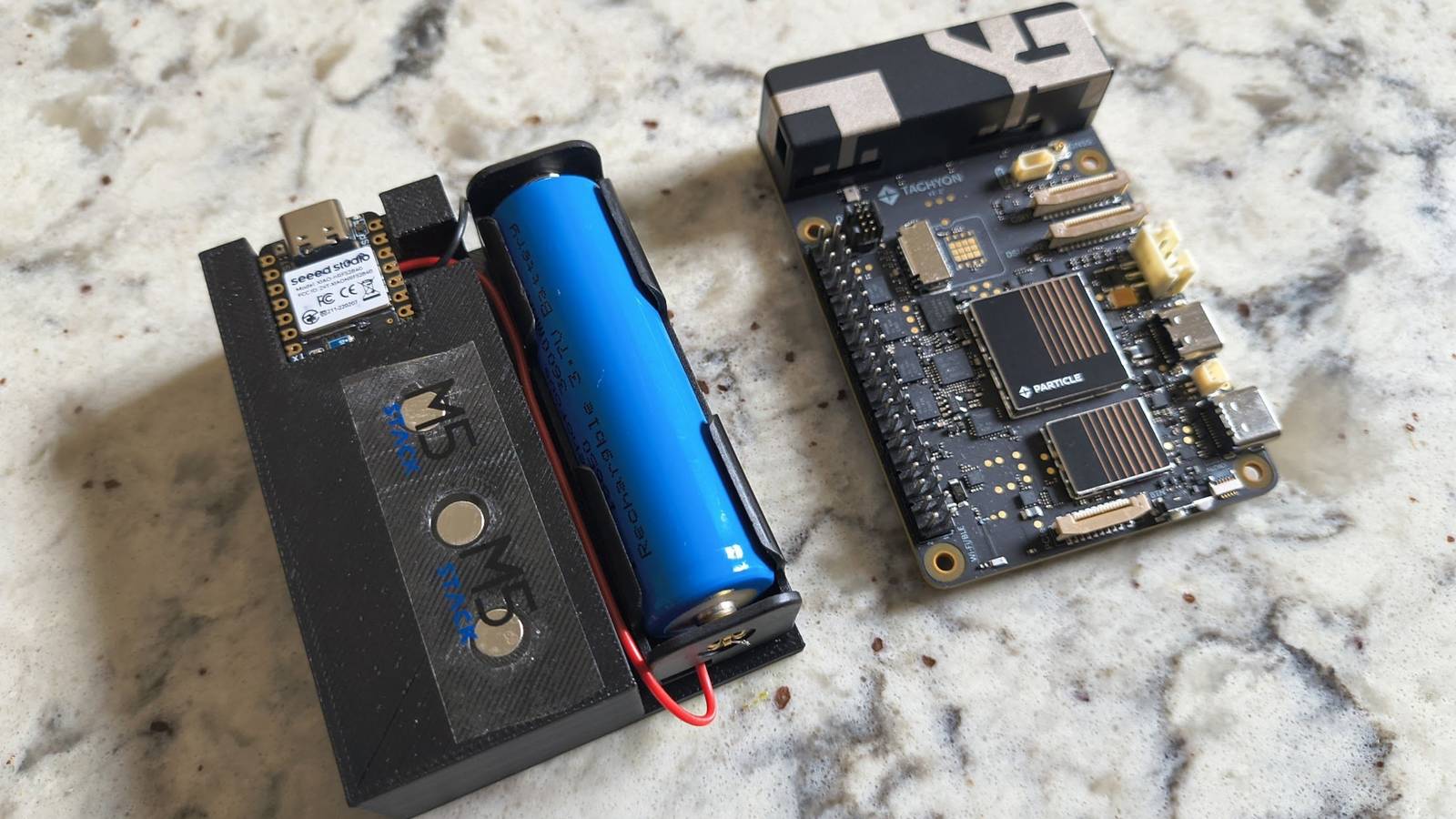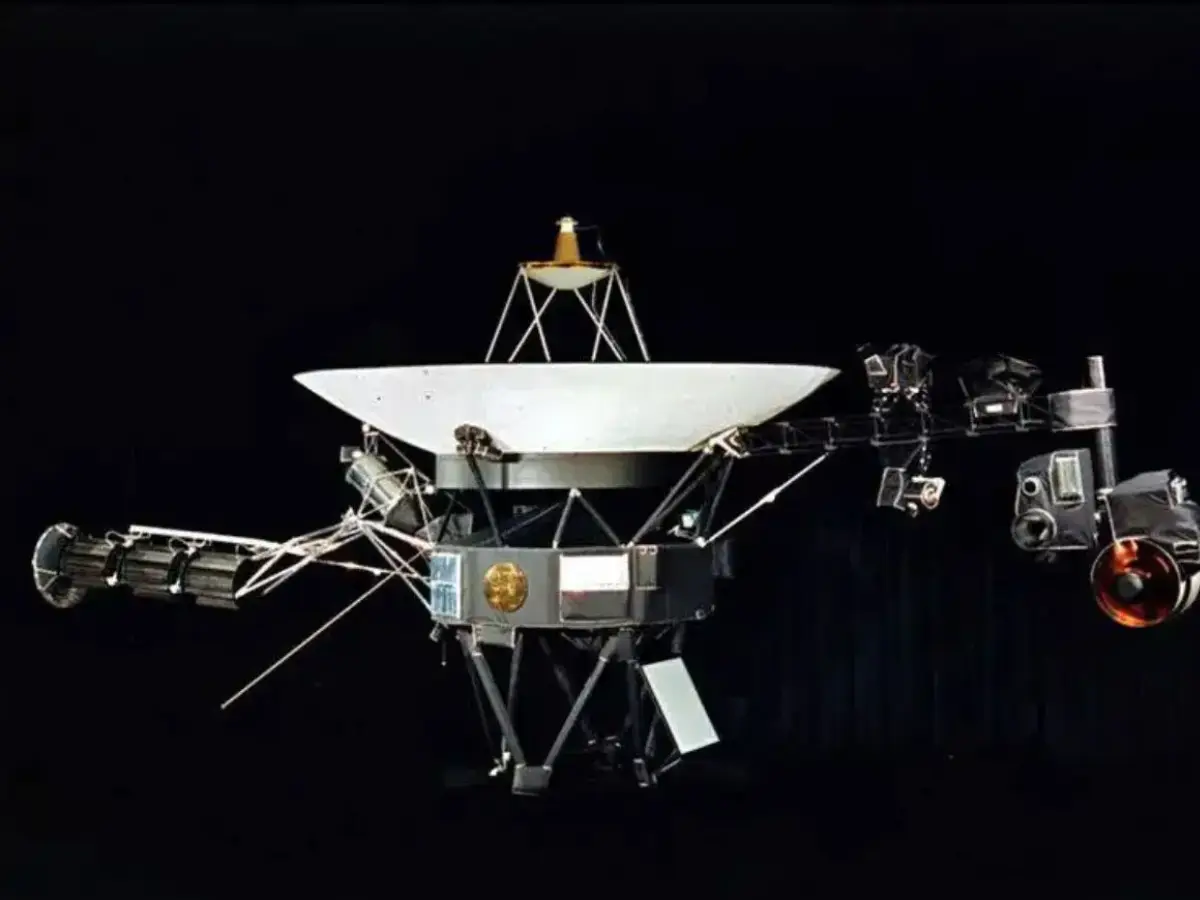Should We Ban Energy Drinks for Kids to Tackle Anxiety and Depression?

Published: 2025-09-02 22:38:51 | Category: News
The UK government has announced a ban on the sale of high-caffeine energy drinks to individuals under the age of 16, in a move aimed at addressing rising concerns about child health, particularly related to anxiety and depression. This decision follows a significant body of research highlighting the negative impact of these drinks on children’s physical and mental wellbeing.
Last updated: 21 October 2023 (BST)
Key Takeaways
- The government plans to ban the sale of high-caffeine energy drinks like Red Bull and Monster to under-16s.
- Research links energy drink consumption to increased anxiety, depression, and other health issues in children.
- Up to 40,000 children could be prevented from becoming obese due to this initiative.
- The ban is part of a broader health initiative aimed at improving children's overall wellbeing.
- Similar bans have been implemented in several other countries, including Sweden and Latvia.
What Are High-Caffeine Energy Drinks?
High-caffeine energy drinks are defined as beverages containing more than 150 mg of caffeine per litre. These drinks often come with high sugar content, which further exacerbates health risks. Popular brands like Red Bull, Monster, and Prime have established themselves in the market, appealing primarily to teenagers and young adults. However, their growing popularity among children has raised red flags for health professionals and parents alike.
The Health Impacts of Energy Drinks
Numerous studies have shown that high-caffeine energy drinks can lead to various health problems in children and adolescents. A recent study involving 1.2 million young people identified a troubling correlation between energy drink consumption and:
- Increased headaches
- Irritability and tiredness
- Poor sleep quality
- Emotional issues, including stress, anxiety, and depression
Health and Social Care Secretary Wes Streeting highlighted the risks associated with consuming these drinks, questioning how children can perform academically while under the influence of caffeine levels akin to that found in a double espresso. He emphasised that this ban is a proactive measure to tackle the underlying causes of poor health and educational outcomes.
The Rationale Behind the Ban
The move to ban the sale of high-caffeine energy drinks to those under 16 is grounded in substantial public health research. According to the government, the initiative aims to:
- Prevent obesity in approximately 40,000 children
- Improve mental health outcomes for numerous youngsters
- Enhance educational performance by fostering better concentration and sleep
Experts like Professor Amelia Lake have echoed the government's sentiments, asserting that these drinks have no place in children's diets. The anticipated health benefits from the ban are projected to save millions in healthcare costs in the long term.
The Role of Parents and Educators
Parents and educators have largely welcomed the government's announcement. Many have expressed concerns about the marketing strategies that promote energy drinks as performance enhancers in sports and other activities. Parents like Rounaq Nayak from Bristol have observed the peer pressure and marketing tactics that make these drinks appealing to children. He advocates for clear regulations alongside educational initiatives to protect children’s health.
Similarly, educator Lauren Morley has witnessed firsthand the negative effects of these drinks on children's behaviour and academic performance. Reports of panic attacks and anxiety following energy drink consumption have become increasingly common in schools. She notes that when children stop consuming these drinks, there is a noticeable improvement in their mood and focus.
Timeline and Implementation of the Ban
While the ban has been announced, it will not take effect immediately. The government plans to conduct a consultation to determine the best way to implement these new restrictions. This process will involve gathering feedback from stakeholders, including retailers, health professionals, and parents, to ensure a smooth transition and effective enforcement of the new rules.
International Context and Comparisons
The UK is not alone in recognising the potential dangers of high-caffeine energy drinks for younger populations. Countries like Lithuania and Latvia have already instituted similar bans, prohibiting the sale of these drinks to individuals under 18. Sweden has taken it a step further by banning sales to those under 15. These international examples provide a framework for the UK to implement effective regulations aimed at safeguarding children's health.
Potential Challenges Ahead
Despite widespread support for the ban, challenges remain. Some convenience stores continue to sell these drinks to minors, often ignoring existing voluntary restrictions. Furthermore, the government will have to ensure that online platforms and vending machines also comply with the new regulations. Effective enforcement will be crucial in ensuring the ban's success and achieving the desired health outcomes.
Conclusion: The Path Forward
The ban on high-caffeine energy drinks for under-16s represents a significant step towards protecting children’s health in the UK. As awareness of the negative consequences of these beverages grows, it is hoped that this initiative will lead to healthier choices among younger populations and foster a culture that prioritises wellbeing over marketing gimmicks. The upcoming consultation will be critical in shaping the final details of the ban and ensuring it effectively addresses the concerns raised by parents and health professionals alike.
As we move forward, it will be essential to monitor the impact of this ban on children’s health and academic performance. Could this initiative pave the way for more comprehensive policies aimed at improving child welfare? Only time will tell. #ChildHealth #EnergyDrinkBan #HealthyChoices
FAQs
What are high-caffeine energy drinks?
High-caffeine energy drinks contain over 150 mg of caffeine per litre. They are often high in sugar and marketed towards young people, leading to health concerns.
Why is the UK government banning energy drinks for under-16s?
The ban aims to protect children's health by preventing obesity and reducing risks of anxiety, depression, and other health issues linked to high caffeine consumption.
How many children consume energy drinks daily in the UK?
Approximately 100,000 children in the UK consume at least one high-caffeine energy drink each day, highlighting the urgency of the government's intervention.
What are the expected benefits of the ban?
The ban is expected to prevent obesity in up to 40,000 children and improve mental health and academic performance by reducing caffeine intake among minors.
When will the ban take effect?
The ban will not take effect immediately; the government will first conduct a consultation process to determine the best approach for implementation.



